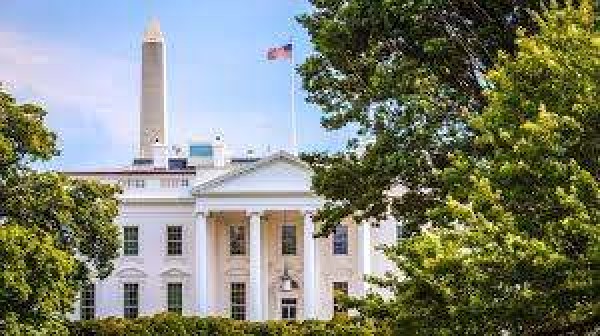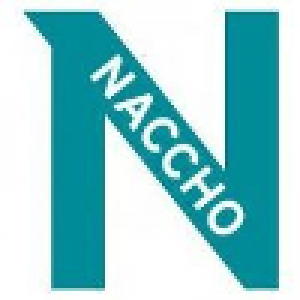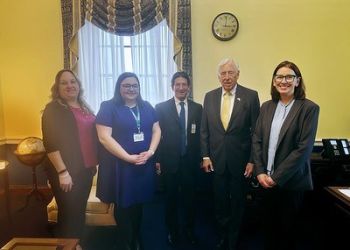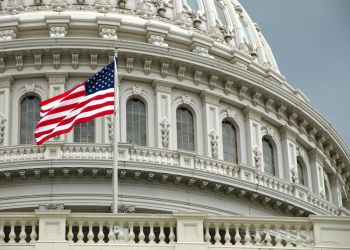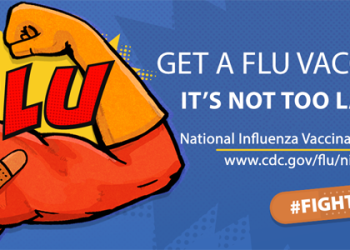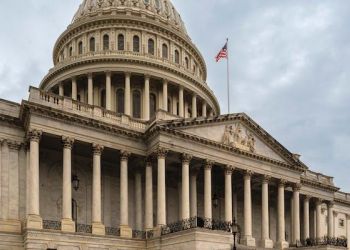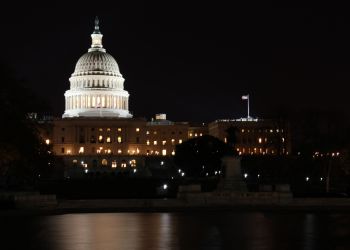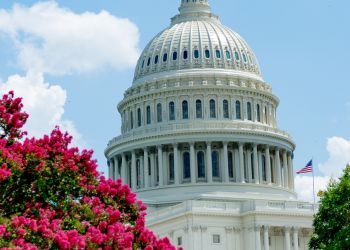NACCHO recommends that at least $8.4 billion be appropriated for this work and that a portion of the vaccine funding be designated specifically for local health departments to plan, prepare for, distribute, and track the COVID vaccine.
— Targeted funding and policy changes needed as Congress continues to negotiate next emergency supplemental package —
Washington, D.C., October 2, 2020 – Today, the National Association of County and City Health Officials (NACCHO), the voice of the nearly 3,000 local health departments across the country, sent a letter to Congress highlighting the key needs of the local health departments in any future COVID-19 supplemental package. The full letter can be found here.
Local health departments have been and continue to lead on the front lines of this response with no end in sight. However, they do so despite great policy and funding challenges that have had an impact on their capacity and ability to scale up for the next phases of the response. As negotiations on the next package continue, we urge you to support additional targeted funding and policies that ensure local health departments can continue their leadership in the COVID-19 response.
Local health departments are the chief strategists of the COVID-19 response in communities across the country. Since before the first cases were even diagnosed in the U.S., they have been working to prepare and protect their communities. They provide testing and contact tracing services. They monitor the health of those who may have been exposed and support them if they need to self-isolate. They use data derived from case investigations to locate not only who is developing COVID-19, but also to identify trends and hot spots that inform local policies and actions related to the primary transmission routes in their communities. On top of this, they are working with their community partners to disseminate credible information, calm fears, and dispel myths. They are experts on their regions and understand not only the science, but also the unique needs of their communities.
The governmental public health system, including local, state, and federal public health agencies, is the critical infrastructure our country has to slow the spread of this disease, track our progress, protect particularly vulnerable populations, and preserve critical healthcare resources. This work is incredibly resource- and time-intensive, requiringstrong funding, staffing, and infrastructure. Unfortunately, as this pandemic continues to grow and affect every corner of our country, local health departments continue to struggle to find the resources to support their response efforts. We appreciate that Congress has appropriated specific funding to support the COVID-19 response at state and local health departments, as well as the Centers for Disease Control and Prevention (CDC). However, the funding that has already been appropriated by Congress has had a variable reach into local public health agencies, and more must be done to ensure that sufficient amounts of funds are reaching the local level in a timely manner.
Therefore, NACCHO calls on Congress to provide substantial additional investments to the governmental public health system at all levels (federal, state, local, tribal, and territorial), as well as at least $3 billion in funding designated specifically for local health departments so that they can continue to lead the response in the short term, as well as over the long-term response and through recovery. This is critical, as all communities are either battling outbreaks of the virus or at risk for an outbreak. However, there are inconsistencies across the country with federal response dollars making it to local health departments to support this response. Therefore, we also request that the federal government publicly track any disbursement of federal COVID-19 response funds down to the local health department level to identify best practices, as well as better understand the challenges of getting money to the front lines of the response.
In some areas, local health departments have been able to tap into CARES Act funds designated for local governments, which has been the primary source of support for their work. However, the deadline of December 31, 2020 to use these funds is incredibly problematic and is unworkable for local health departments to plan, hire staff, and broadly fund the response. We appreciate the new State and Local Coronavirus Relief Funds included in the HEROES 2.0 bill and the extension of the date of expenditure for CARES funds to December 31, 2021, and encourage any future package to ensure that these funds can be used for a longer timeframe.
NACCHO and local health departments appreciate the attention given in the legislation to a future effort to prepare and execute a future COVID-19 immunization initiative. An eventual vaccine holds promise for protecting people from COVID-19 and local health departments are key to a successful vaccine rollout, which will take place over months, if not years. According to NACCHO’s 2019 Profile of Local Health Departments, 88% of local health departments provide direct clinical immunization services to both adults and children. Further, all local health departments play a role in other essential immunization activities, such as conducting surveillance, providing education, and developing communication campaigns to bolster immunization rates. Local public health professionals remain committed and dedicated to addressing vaccine coverage, prioritizing health equity, and preparing for the anticipated COVID-19 vaccine. Public education will be particularly critical to building confidence in the vaccine; local health officials are experts at using science-based messaging to implement public health measures to protect people.
Any national or state plans for distribution of the COVID-19 vaccine must include local health departments as key stakeholders in the strategy and planning process—not simply as sites to distribute vaccinations. Moreover, investments are needed to ensure that we can build out this level of vaccine infrastructure. The combined $8 billion in the House’s HEROES 2.0 bill for activities to plan, prepare for, promote, distribute, administer, monitor, communicate about, and track coronavirus vaccines is a good start to providing this investment. Sufficient funds and the funding mechanism are both critical to success. Therefore, NACCHO recommends that at least $8.4 billion be appropriated for this work and that a portion of the vaccine funding be designated specifically for local health departments to plan, prepare for, distribute, and track the COVID vaccine.
While these COVID-19 specific funding needs are critical to our success in the short term, the pandemic has exposed the many cracks in our nation’s public health infrastructure. We must shore up our public health infrastructure in the long term to get us through the pandemic and prepare for better outcomes in the next public health crisis. The public health workforce has long been neglected, with local health departments losing nearly a quarter (23%) of their workforce since 2008, shedding over 50,000 jobs. The results of this disinvestment are seen in the COVID-19 response, as local health departments are stretched thin and staff are pulled away from other essential areas like food safety, HIV prevention, and opioid overdose prevention, in order to respond to the pandemic. NACCHO requests that you include the Strengthening the Public Health Workforce Act (S. 3737), introduced by Senators Smith (D-MN) and Booker (D-NJ), including funding to implement the Act, in the next emergency supplemental package. A House companion, the Public Health Workforce Loan Repayment Act (H.R. 6578), introduced by Reps. Crow (D-CO) and Burgess (R-TX), has also been introduced and language authorizing the program was included previously in the HEROES Act.
The importance of strong, predictable federal investment in the public health system is even more vital now, as the economic impacts of the pandemic are felt nationwide. NACCHO urges Congress to enact $4.5 billion in additional annual funding for the Centers for Disease Control and Prevention (CDC) and state, local, tribal, and territorial core public health infrastructure, with designated funding to support the local health department level, to pay for such essential activities as disease surveillance, epidemiology, laboratory capacity, all-hazards preparedness and response; policy development and support; communications; community partnership development; and organizational competencies. By building the core public health infrastructure of localities, states, tribal governments and territories, as well as the CDC, the nation will be better prepared for the next threat.
# # #
About NACCHO
The National Association of County and City Health Officials (NACCHO) represents the nation’s nearly 3,000 local health departments. These city, county, metropolitan, district, and tribal departments work every day to protect and promote health and well-being for all people in their communities. For more information about NACCHO, please visit www.naccho.org
